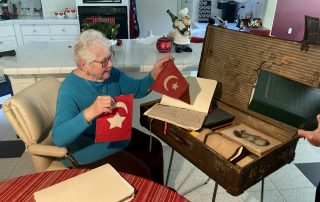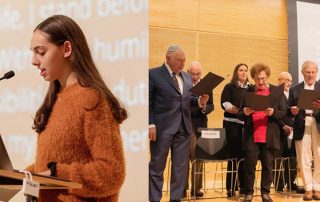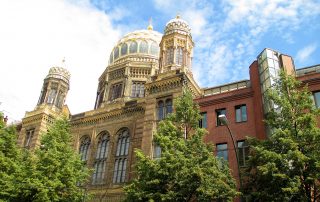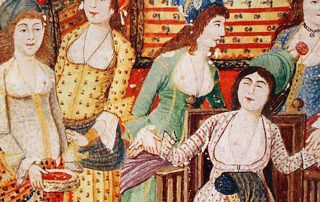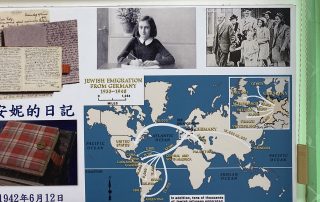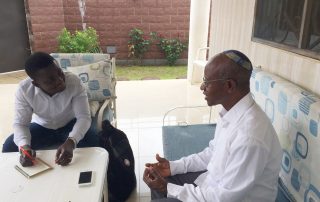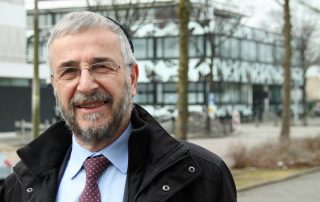A Turkish Jew in Nazi Germany: A family’s incredible story of survival, and a museum in a suitcase
While researching Jewish refugees of Nazi Germany, graduate fellow Joana Bürger uncovered the incredible story of a Sephardi-Catholic-German-Turkish family's survival during the Holocaust.

